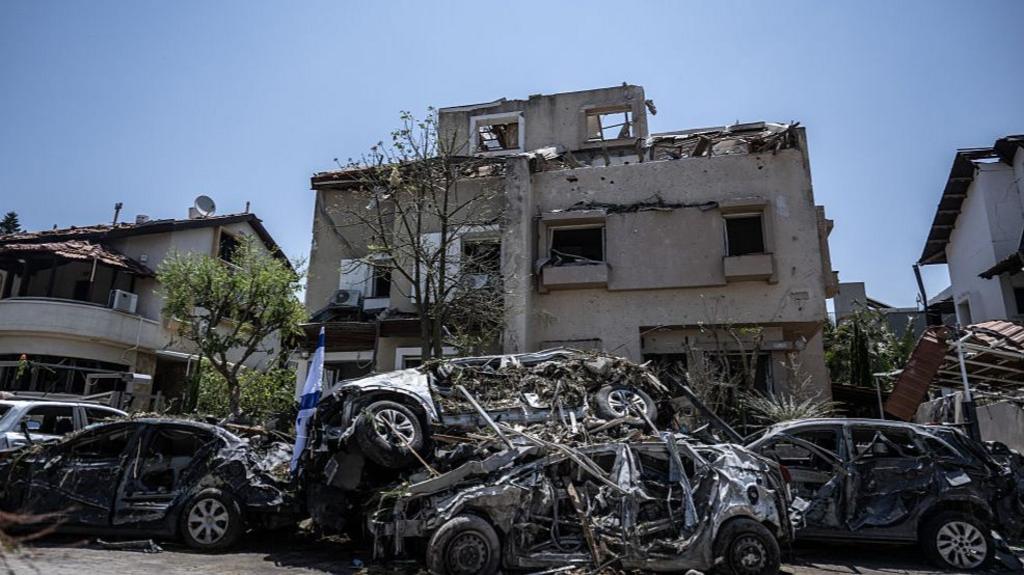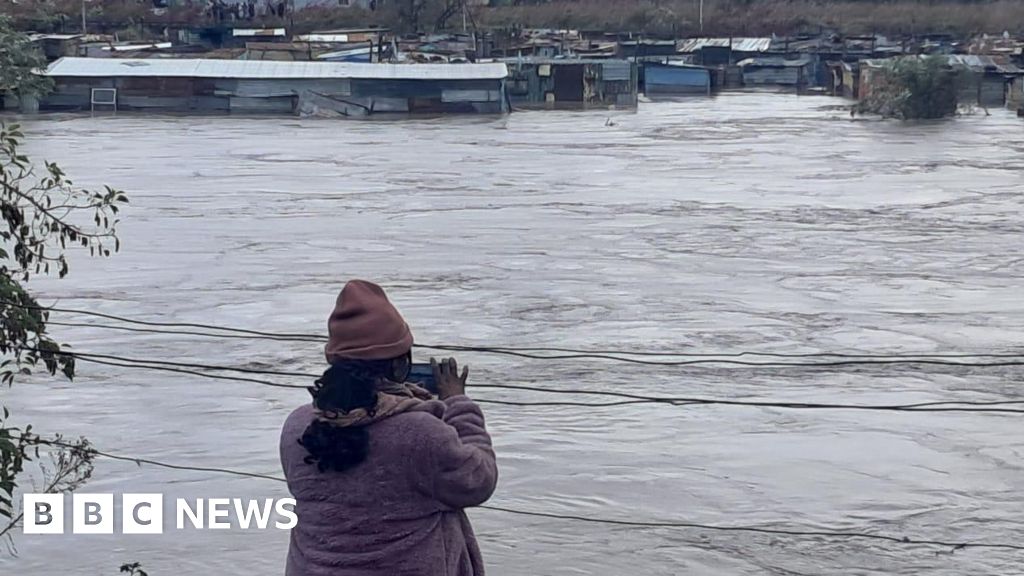Unity in Israel: Opposition Rallies Behind Netanyahu's Iran Action, Putting Political Differences Aside

Israel's Political Landscape Shifts as Opposition Supports Netanyahu's Iran Response
In a surprising turn of events, Israeli opposition leader Yair Lapid has publicly voiced his support for Prime Minister Benjamin Netanyahu's recent operation against Iran. This marks a significant shift from months of intense criticism and political division within the country, highlighting the gravity of the situation and the need for national unity.
The move comes after escalating tensions in the region, with Iran's nuclear program and aggressive actions drawing international concern. While details of the operation remain classified, its implications are far-reaching, impacting not only Israel's security but also the stability of the broader Middle East.
A Moment of National Unity
For months, Lapid and his Yesh Atid party have been vocal critics of Netanyahu's government, challenging his policies and leadership. However, the recent events have compelled a change in strategy. Lapid stated that while he may disagree with Netanyahu on many issues, the security of Israel must take precedence. He emphasized the importance of presenting a united front against external threats.
“At a time like this, political differences must be set aside,” Lapid reportedly said during a meeting with Netanyahu. “We must stand together as one nation to protect our citizens and our homeland.”
International Reactions and Regional Implications
The operation has drawn mixed reactions from the international community. While some allies, particularly the United States, have expressed understanding of Israel's security concerns, others have cautioned against escalating the conflict. The United Nations Security Council is expected to convene to discuss the situation.
Regional powers are also closely monitoring the developments. Iran has condemned the operation as a violation of international law and vowed retaliation. The potential for further escalation remains a significant concern, and diplomatic efforts are underway to de-escalate tensions.
What This Means for Israel's Future
The temporary suspension of political infighting is a testament to the seriousness of the threat Israel faces. However, analysts caution that this unity may be short-lived. Once the immediate crisis subsides, political divisions are likely to resurface.
Despite the uncertainty, this moment of unity offers a glimpse of what Israel can achieve when its leaders put aside their differences and prioritize the nation’s well-being. It underscores the importance of national security as a unifying force in a politically polarized environment. The long-term impact of this event on Israel’s political landscape remains to be seen, but for now, the country stands united in the face of adversity.
The meeting between Lapid and Netanyahu signifies a crucial step towards stability and preparedness as Israel navigates a complex geopolitical landscape. Future discussions and collaborations between the opposition and the government will be vital in shaping Israel's response to ongoing regional challenges.






